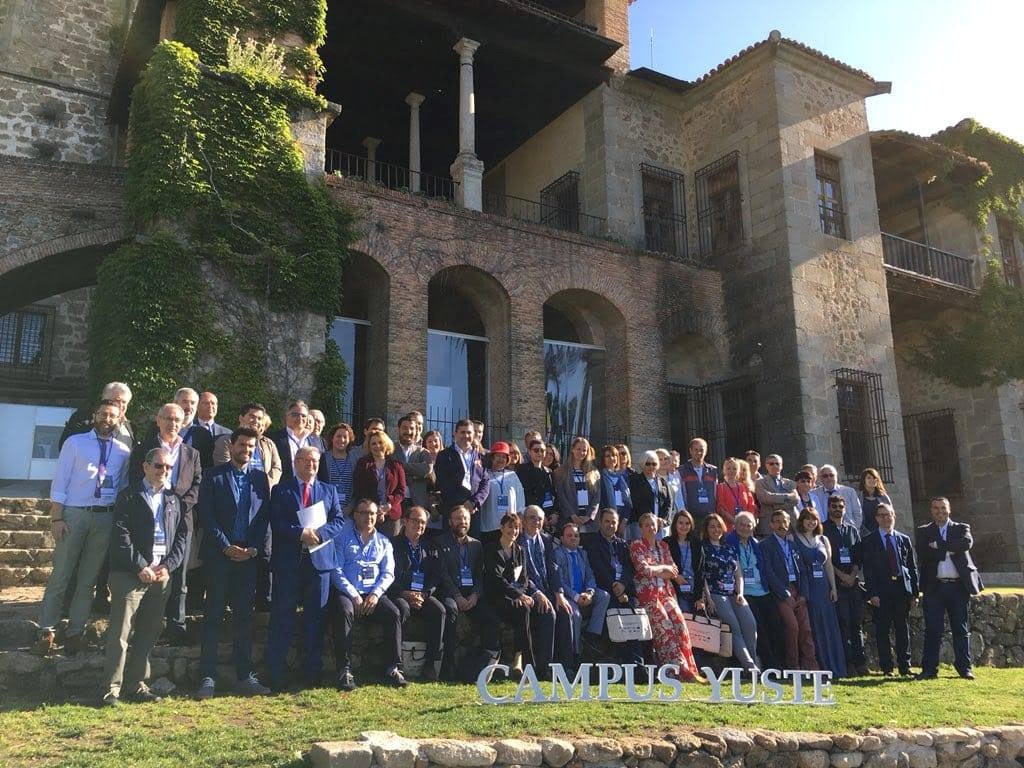Two new books in the 100 Slavic Novels collection
The Forum of Slavic Cultures has published two more of the 100 Slavic Novels, The Great War by Serbian author Aleksandar Gatalica, and The Women of Lazarus by Marina Stepnova. Both authors presented their novels also to Slovenian readers.
Marina Stepnova, a popular Russian author and recipient of several awards, visited Ljubljana to promote her novel The Women of Lazarus. In the interview with translator Borut Kraševec she presented the unusual family saga spanning the period from the early 20th century to the present day. The book, one of the novels in the 100 Slavic Novels collection, tells the story of a highly gifted Lazar Lindt and “his” three women, two unusual women that he loved, Marusya and Galina, and his granddaughter Lidochka, a ballerina that inherited his genius. “Today is the time that serves individuals, all of us striving for personal success and career development, but once we are finally on top it turns out that the top is a very cold and lonely place. True happiness can only be found at home, with our family,” said Stepnova. Interestingly, she has no designated workplace for herself. Her preferred place to write is in her kitchen, with something bubbling on the stove, as she frequently cooks for her family while she writes.
The Great War is the first book by Serbian author Aleksander Gatalica to be translated into Slovene. It ranks among most read books in Serbia in this millennium. Published in almost 50 000 copies it has seen 29 reprints and has been translated into seven languages. When presenting the book, translated into Slovene by Mateja Komel Snoj, Gatalica explained that his was not a typical war novel, but was in essence an anti-war novel. “I studied a lot of historical sources when preparing for the book, mainly from the daily press. Certain real-life events were so extreme that they should only be read in novels, not experienced in real life,” he concluded. The novel is a unique account of World War I. It features 78 real and fictional characters on all warring sides. Their destinies give a convincing testimony of the tragic times during the Great War. The books and accompanying events marked the centennial of the signing of the Armistice that ended WWI.
The 100 Slavic Novels collection has so far published more than 70 novels in nine Slavic languages.
Two new books in the 100 Slavic Novels collection

